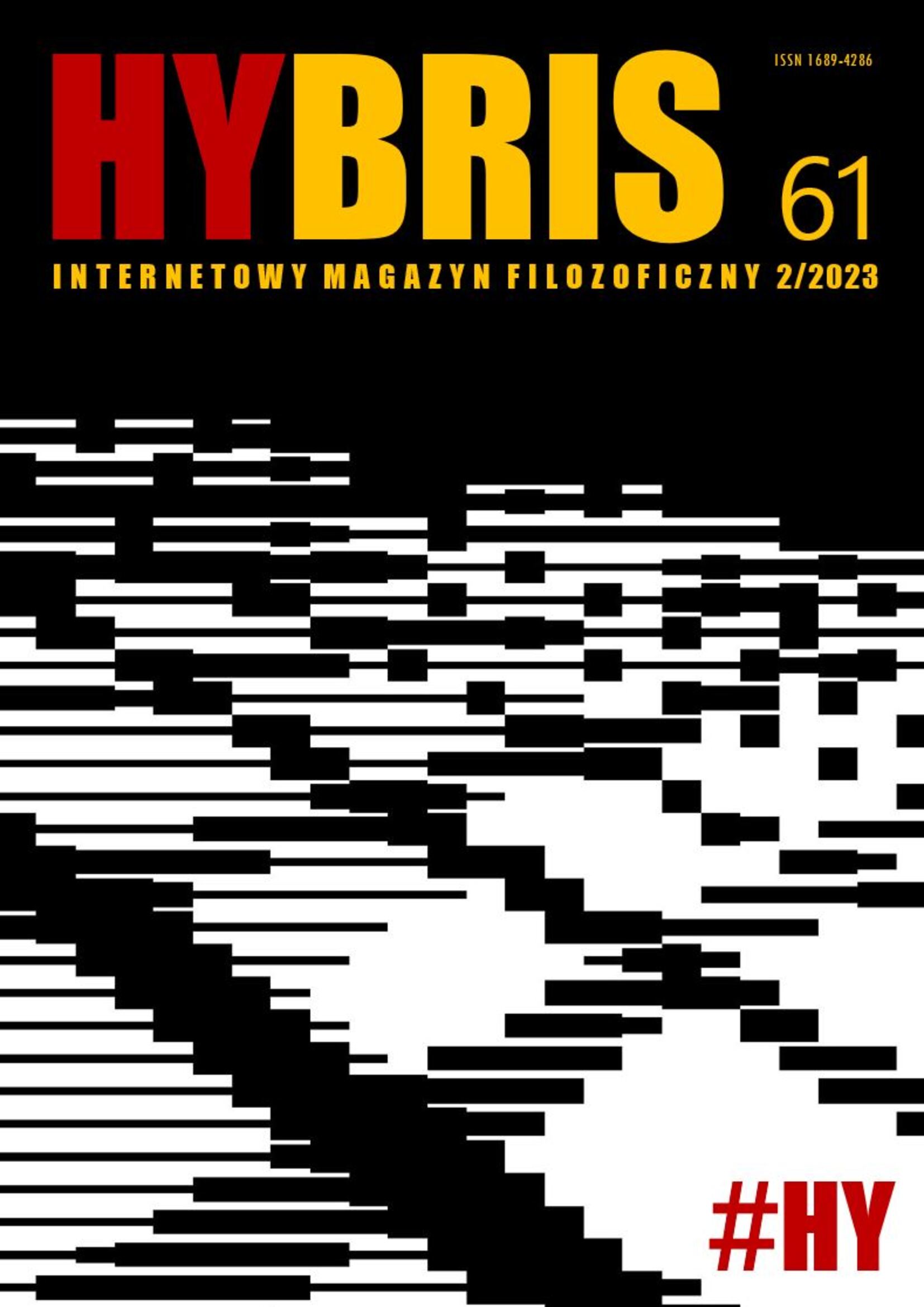Zbrodnia bez motywu. Foucault i problem poczytalności w psychiatrii i sądownictwie XIX wieku
Crime without reason. Foucault and the problem of criminal responsibility in nineteenth century psychiatry and judiciary
Author(s): Mateusz OzimekSubject(s): Philosophy, Psychology, History of Psychology
Published by: Wydawnictwo Uniwersytetu Łódzkiego
Keywords: Michel Foucault; problematizations; legal psychiatry; Pierre Rivière; instincts; Henriette Cornier
Summary/Abstract: The article refers to the problem of crime without reason described by Michel Foucault. The author presents two cases from the first half of the 19th century – Pierre Rivière and Henriette Cornier. These cases are analyzed in terms of strategies of power adopted by psychiatry and the legal system towards the Other who had committed an inexplicable crime and who could not be described by any of the recognized forms of madness. The impasse between medical and legal discourses is presented as an example of problematization — a method used by Foucault in the last years of his work. One of the consequences of psychiatry’s efforts to solve the problem of crime without motive was the creation of instincts and drives as scientific objects, which shows that such objects can arise at the junction of various power relations and can even be created merely as instruments to exercise power.
Journal: Internetowy Magazyn Filozoficzny HYBRIS
- Issue Year: 2/2023
- Issue No: 61
- Page Range: 1-25
- Page Count: 25
- Language: Polish

